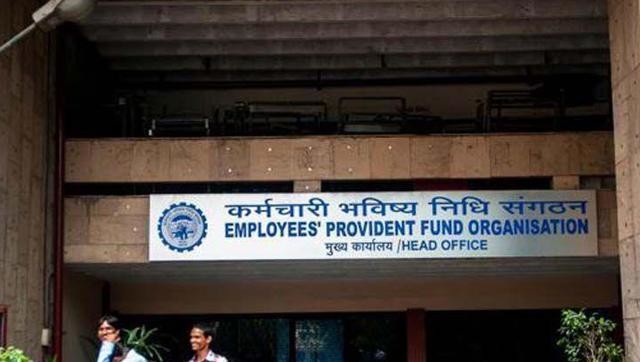The reading of the Union Budget is an annual ritual that has acquired a near-mythical status among educated Indians. Though we have moved away from the ‘Command-and-control’ economy of the pre-liberalisation era, the Union Budget is still the primary policy document of the Government.
But apart from broader economic policies, what the common man looks to the Budget for is personal taxation. It is in the Union Budget that the most important tax rates are announced – Personal Income tax, Service Tax and Corporate Income Tax.
While Corporate Tax does not have a direct impact on us, Service Tax increases and decreases determine how much we pay for most services. But it is income tax that we look to most eagerly – or with the most fear – because that has a bearing the money that goes in our pockets.
What, then, did the Union Budget 2016 have for us?
For the most part, none of the existing provisions related to Income Tax seemed to be altered. On the whole, this was seen as tolerable. Then came the bomb-shell. A proposal to tax the balances in Employees Provident Fund at the time of retirement – to take away from the golden egg that all salaries employees look forward to at the end of the working lives.

The furore over this continued in Parliament for a while, but as of now, the Government’s proposal seems to be as follows:
At any given point of time, when an employee withdraws funds from his balances in the Provident Fund, 60% of the same shall be treated as a part of his or her taxable income. While there are exceptions, for example for those who invest the sum in an annuity, and further this is only applicable for contributions and interest (it is not exactly clear at this stage whether both contribution and interest, or only interest will be taxable) made after April 2016.
That being said, this is quite a disturbing development for a lot of youth, who have just started investing in the EPF. For people like us, assuming we continue to work for a significant period of time, the amount likely to accumulate in our Provident Fund is likely to be very large, and most of it earned after this cut-off date. For example, a 23-year-old who is earning about five lakhs a year today, assuming an 8-10% rate of growth of salary for the next 37 years (retirement assumed at 60) would accumulate approximately 4 crores by the time he retires. Now if 60% of this is taxed, he stands to pay tax on 2.4 Crores, at whatever rates would be applicable then. Assuming current rates continue to apply, that’s still about 80 lakhs gone as tax.
To understand why this provision is particularly painful, we need to understand what the EPF means for the Indian middle class. It is not just an entry in our pay checks or a line in the Income Tax return. For middle-class India, the EPF is their child’s wedding, a house to live in after they return to their hometowns, their child’s higher education, the support that he or she needs to start up a business. Any significant deduction from this amount goes beyond mere revenue-raising and is in danger of venturing into exploitation.
Still, the possibility of watering-down of these proposals is seen as quite high. Even within the government’s own constituents, a proposal that hits so hard at the middle classes is not likely to pass without question.
In any case, keep in mind that even if this proposal is rolled back now, it is clearly on the table. Future governments could well take it up. Plan your savings well, and do not sit relying only on that golden egg called the EPF. The taxman could well be coming for it!































